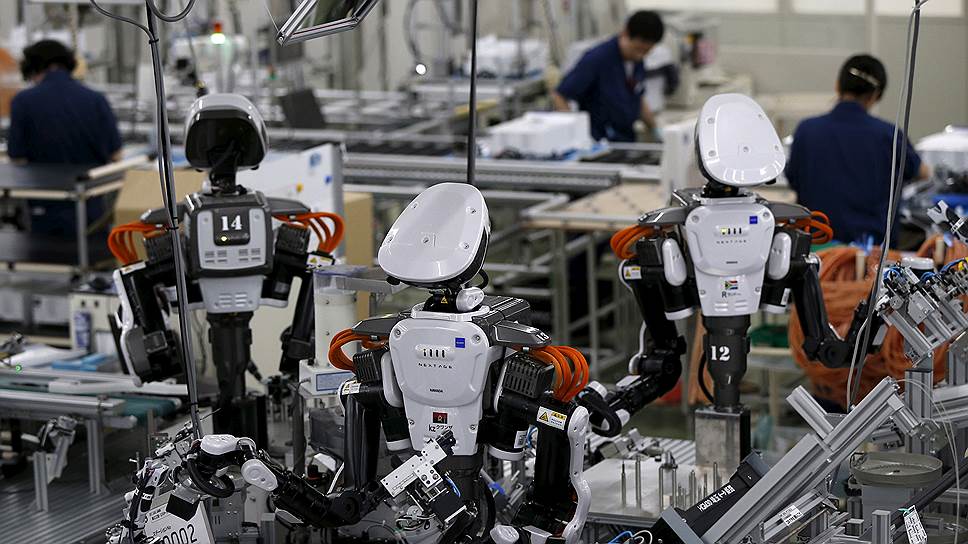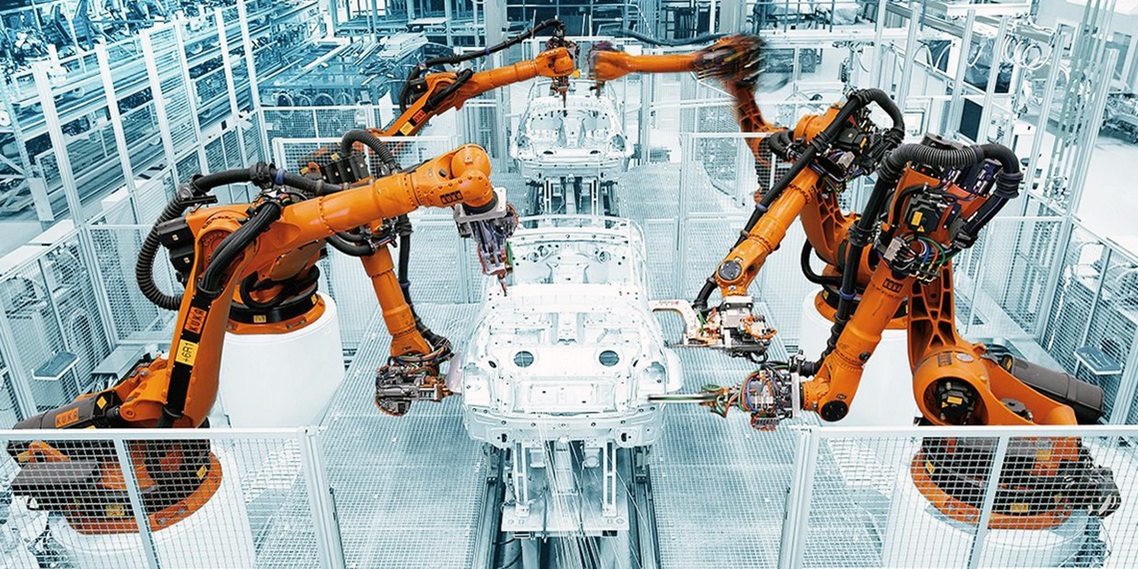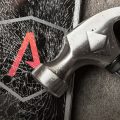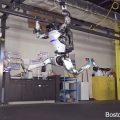
Due to the development of automation in the neara decade, many professions may disappear. According to a McKinsey consulting company study, by 2030, up to 25% of current jobs will be crowded out by robots, and another 10% are at an average risk of oblivion. We examined which professions will be replaced and which will remain in demand.
Robot Invasion
Over the past 60 years, only one position has completely disappeared in developed countries: elevator operator.However, big changes are coming, as humans are increasingly being replaced by machines oralgorithms that can work around the clockand without days off. Even 30 years ago, you could see the huge settlement departments, archives and armies of assistants. Now these same responsibilities are performed by one or more employees with just a few digital devices.
Although modern robots are still far from androidsfrom science fiction films, but even after developing a fully autonomous artificial intelligence, only people can perform certain tasks. When calculating isoquants, economists divide processes into routine and not routine, but cognitive and physical skills. We are used to believing that robots take on all physical tasks, but in fact they perform routine operations (both physical and cognitive).
Regular physical work
Jobs with repetitive tasks,hand-made are most at risk of replacement. Researchers predict that in the next decade, routine physical labor will become obsolete and the number of posts related to customer service, offices, catering, as well as retail sales and production will decrease significantly.
Previously, layoffs were sent toretraining, but new jobs are exclusively technical in nature. For example, many professions are associated with algorithmic coding or data analysis. Such skills cannot be quickly mastered, and not everyone will be able to successfully master them.
Routine mental work
Automation also does a great job of replacingadministrative staff whose work is associated with simple operations, digitization, processing of incoming and outgoing information. For example, an accountant, assistant lawyer, translator, journalist.
Not routine physical work
Robots easily outperform humansrepetitive tasks, but some professions are associated with many variations of various actions, so it is very difficult and expensive to replace them with a machine, or the necessary technology has not yet been invented. These include cleaners and nannies. Although their individual duties can be mechanized, only a person can coordinate them all. Not to mention that few are willing to entrust their children with robots.

Intellectual activity
Non-standard cognitive jobs represent a sector of professions that are at minimal risk of being displaced, as there areFor example, cybersecurity specialists, social media managers.Such professions require specialized skills for decision-making, creative thinking, and complex problem solving.
Researchers predict growth in demand forspecialists in the field of health care, art, business services, program developers, bioengineers, electricians, and other technical, scientific, and engineering specialties.
Experience versus data
According to one rule of thumb, a profession is considered "protected" if data about the work process is very difficult to obtain or no amount of information can be obtainedTo put it simply, if the data doesn't allow a machine to do something better than a human, then it doesn'tAs an example, we can cite entrepreneurial activity and creativity.
Forecasting Features
Professions not related to routine operations are considered relatively robotic, but they are also potentially at risk due to the continuous development of technology.
It should be borne in mind that forecasts are oftenare based on linear extrapolation, but innovation can be unexpected and revolutionary. Therefore, after 10 or 20 years, today's forecasts may seem ridiculous.
Instead of guessing which jobswill remain relevant, perhaps the best strategy is continuous learning and the acquisition of new skills throughout life, and moving away from an obsolete model of education to learn only at an early age.
We also recommend learning about how Minecraft, VR and robots are improving the effectiveness of education in schools and universities.
</p>




